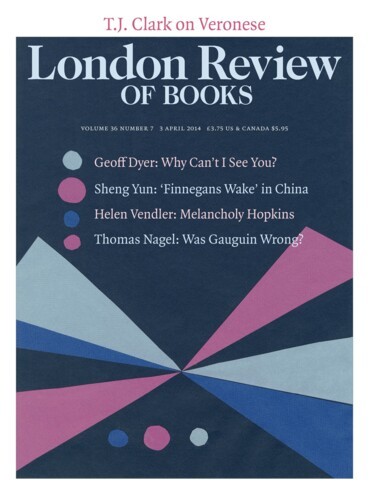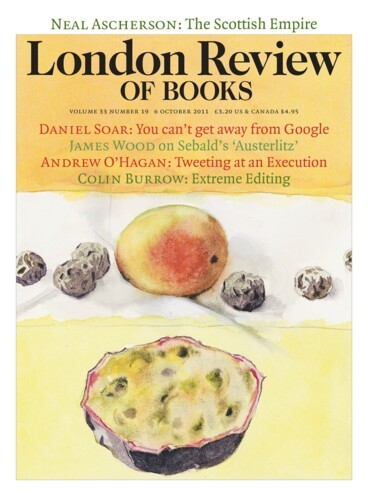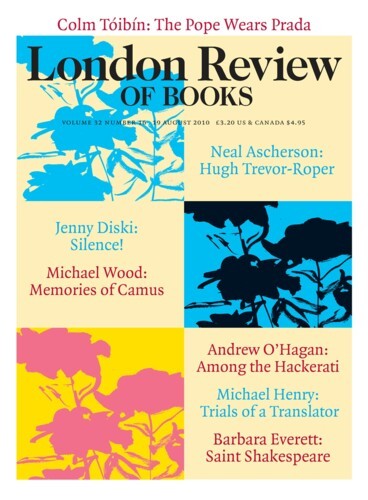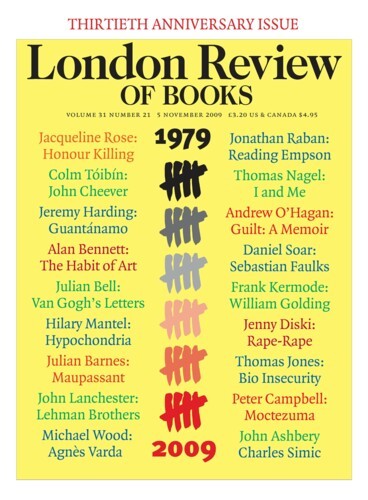Really Good at Killing: The Ethics of Drones
Thomas Nagel, 3 March 2016
Pacifists are rare. Most people believe that lethal violence may be used in self-defence, or the defence of others, against potentially lethal threats. Military action is justified by a collective institutional version of this basic human right, which sets an outer limit on the right to life. Lethal aggressors who cannot be stopped by lesser means are liable to lethal attack, and this does not violate their right to life so long as they remain a threat. Killing in self-defence is distinct from execution, the killing of someone who is no longer a threat as a punishment for past conduct.





